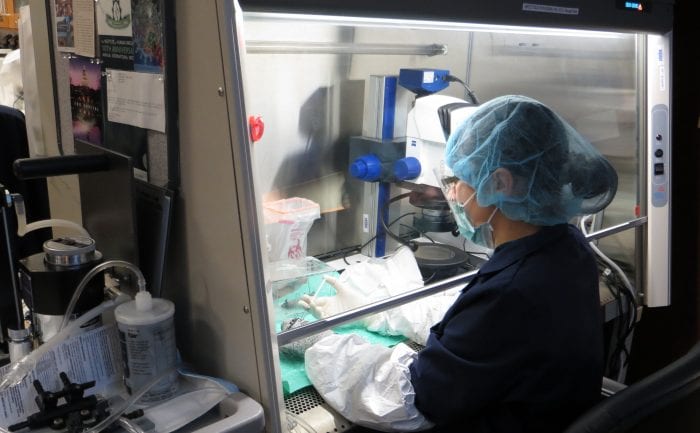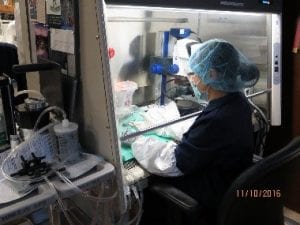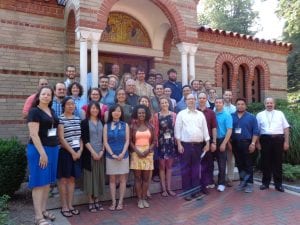August 21, 2017…
As the first day of school starts at Southern Methodist University (SMU) for the Fall 2017, I am still excited about another school year and all the new things to come. I started as a PhD graduate student in the chemistry department two years ago and remember coming a few weeks earlier into Dallas, TX for the first time to find a place to live and then to start graduate orientation before the semester officially began. Since the incoming chemistry graduate students were all tasked with being Teaching Assistants (TA’s), at least our first year, we went through training to make sure we still remembered our general chemistry and could adequately help undergraduates in the classes we would be TA’ing for. We even had to do the problems at the back of each chapter and then get up in front of the class and teach it to the rest of our incoming group. I think everyone was terrified of that part because it is well known that whenever you are in front of the class your IQ drops dramatically! At least it felt like it.
Then we had to take three American Chemical Society (ACS) three-hour exams that week to determine which graduate classes we would register for. One day we met other graduate students from other departments for a more general teaching orientation put on by SMU. That was nice to see and talk to other new graduate students to realize we all had the same overwhelming feeling and it was nice to bond together, and SMU even provided some free ice cream sandwiches from Pokey O’s. It was an exciting week getting used to a new city, school, department, and group of friends which we bonded together very quickly already going through the same things together.
At the end of the week before school started we had a department lunch introducing the seven of us to the rest of the chemistry department. Since we all had already chosen our individual research groups before we came to SMU, we had already met at least our research advisor, our group, and the two professors in charge of the orientation. The SMU chemistry department has about thirty graduate students and about fifteen research professors so it has a nice small family feel where we all know each other. I am always surprised and enjoy when I stop in the halls and chat with the other graduate students, the undergraduates doing research, and even the professors. I’m looking forward to another exciting semester and year taking classes and learning, doing research and expanding my knowledge and experience, and teaching and tutoring undergraduates and graduates.






